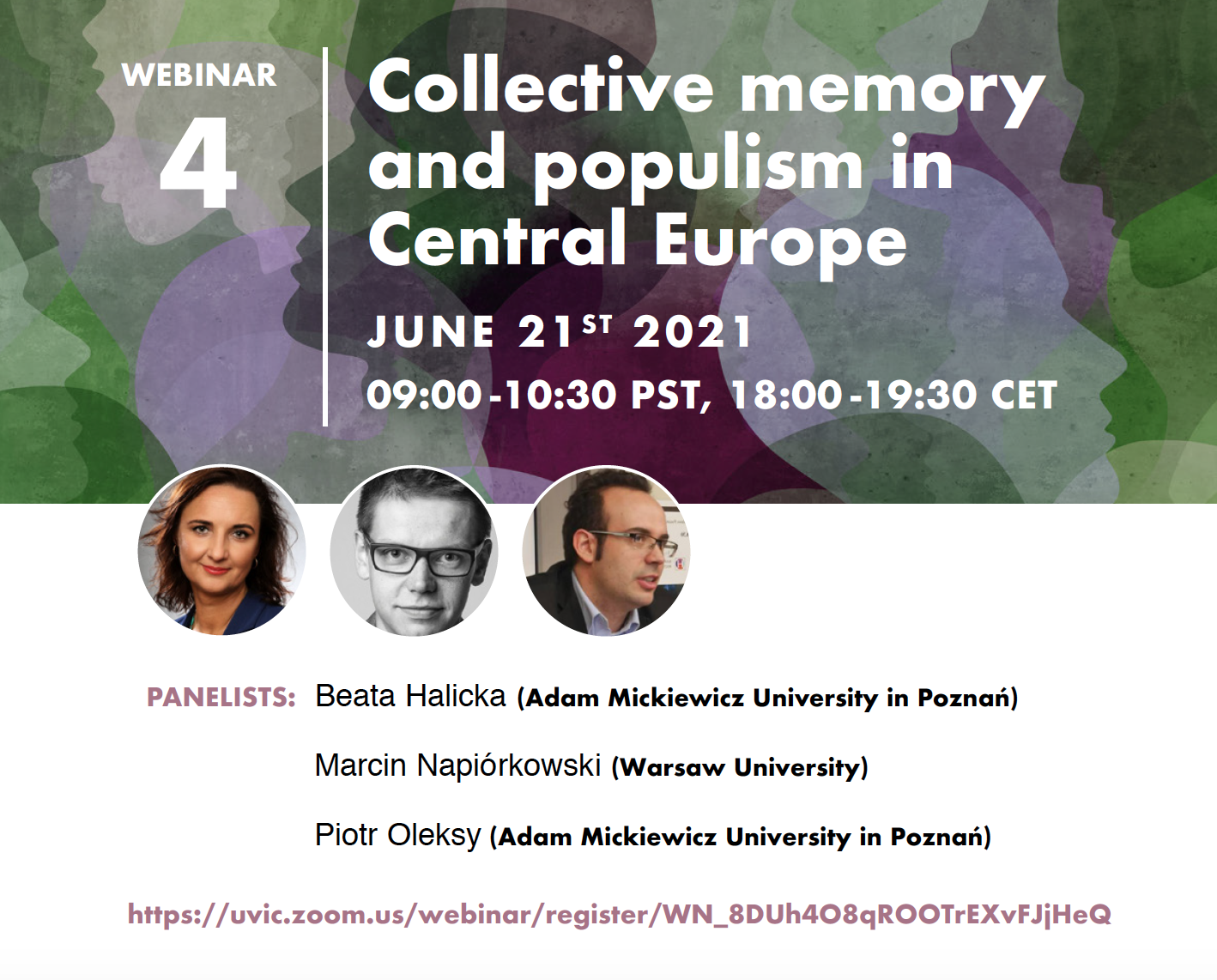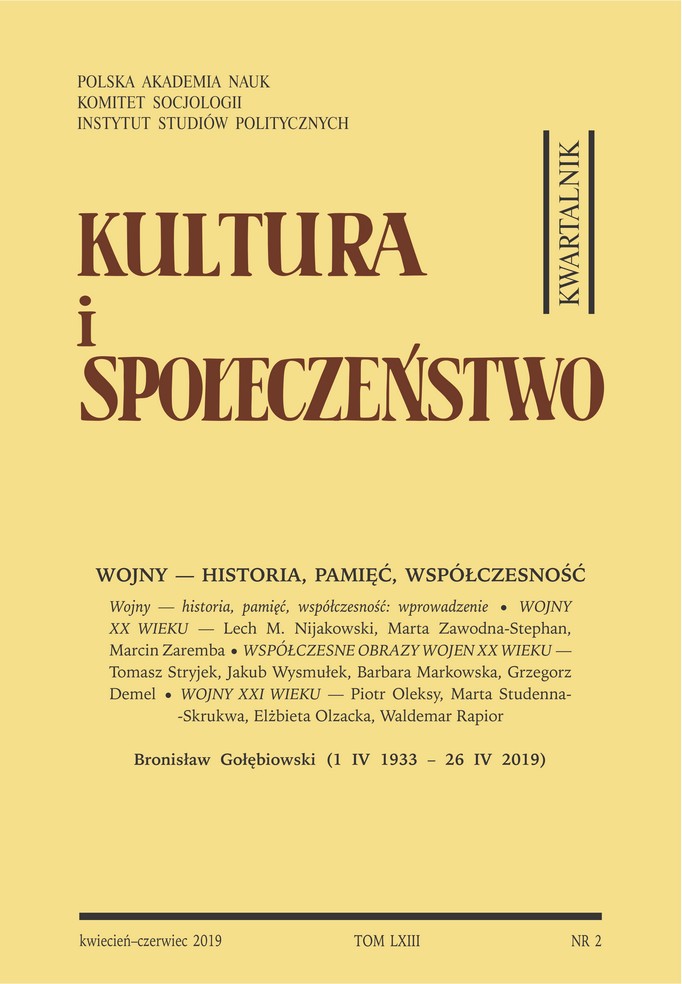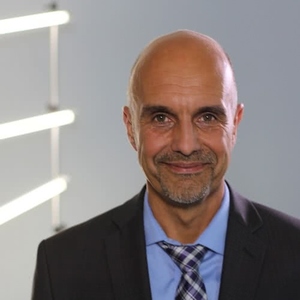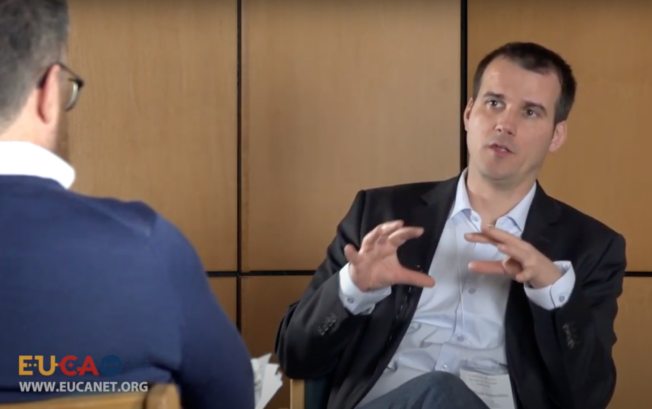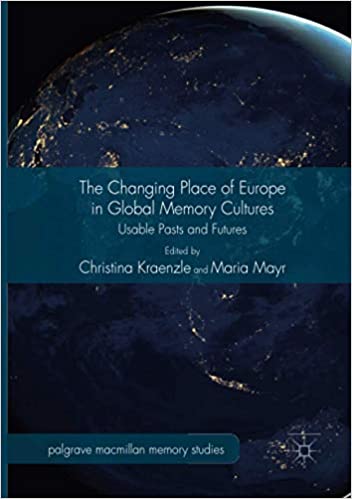Nationalist-populist movements around the globe rely centrally on a particular form of collective memory in framing national identity and advancing their political agenda.
This webinar with Polish experts provides an exceptional opportunity for addressing the rise of populism in Poland (and Central Europe) and how it is rooted in a resurgence of nationalist historic narratives. The panellists will focus on the argument whether the experience of imitating the West over last two and a half decades has led to a nativist reaction in Central Europe (based on the book “The Light that Failed: a Reckoning”; the Polish edition of this book has the subtitle: “How the West has failed its followers” by Ivan Krastev and Stephen Holmes). The book describes the reassertion of “authentic” national traditions and identity as a reaction to the post-national liberalism associated with EU enlargement. Krastev and Holmes claim that the resurgence of populist nationalism has been largely driven by such an anti-liberal revolt in the region.
Would such an interpretative lens based on “The Light that Failed” be fruitful in assessing political developments in Poland?
Panelists:
Beata Halicka is a professor of contemporary history at the Adam Mickiewicz University in Poznań. She received the Identities Prize 2016 for the best historical book in Poland for the study Polish Wild West. Forced Migration and Cultural Appropriation in the Polish-German Borderlands, 1945-1948. Her recent book Life in the Borderlands: Z. Anthony Kruszewski – A Biography has been published by Polish Academy of Science in 2019. Her research interests include nationalism, forced migrations, constructions of identities in border regions, collective memory, German-Polish relations, Polish diaspora in the world.
Marcin Napiórkowski is an Assistant Professor at the Institute of Polish Culture, University of Warsaw. He has published books and scientific papers in areas such as semiotics, memory studies, and contemporary mythologies. Napiórkowski is a columnist for a Polish weekly “Tygodnik Powszechny”.
Piotr Oleksy is an associate professor at the Adam Mickiewicz University in Poznań (History Department), publicist collaborating with leading Polish journals and coordinator of many initiatives on promoting history, cultural heritage and literature, such as “Looking to the East” or “The Castle”. His research focuses on collective identity dynamics and identity policies in Central and Eastern Europe after collapse of Soviet Union and on international relations in the region.
